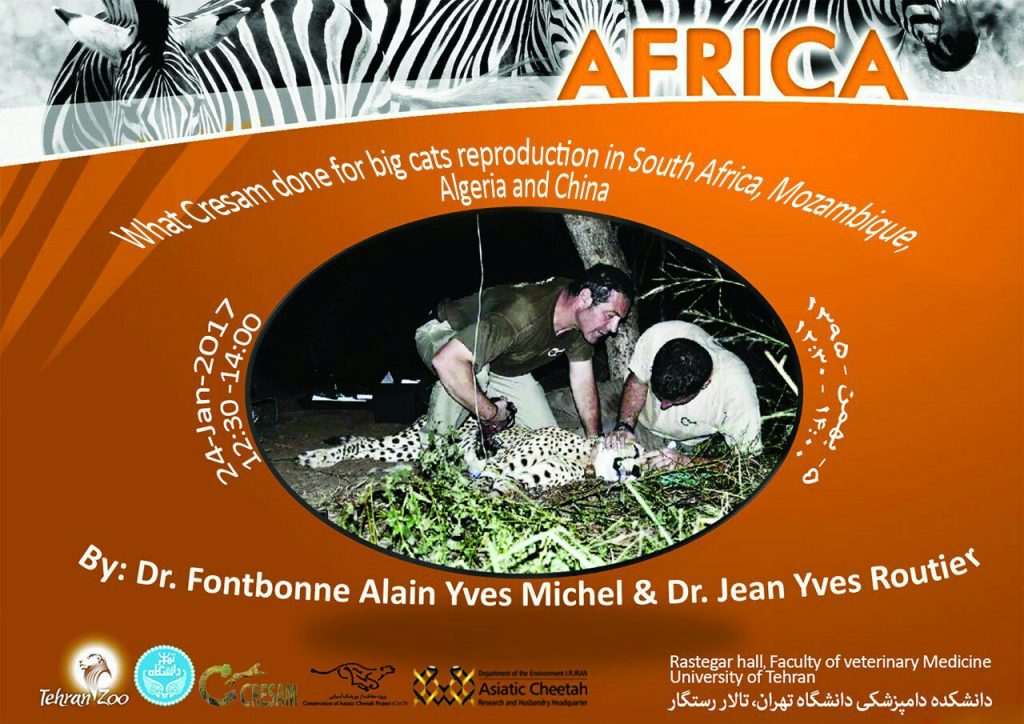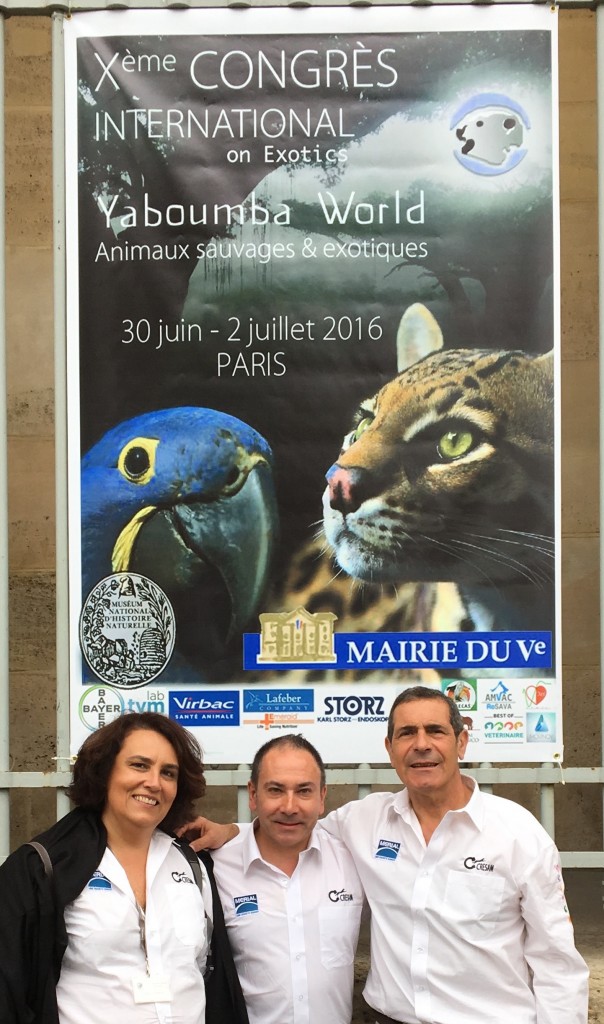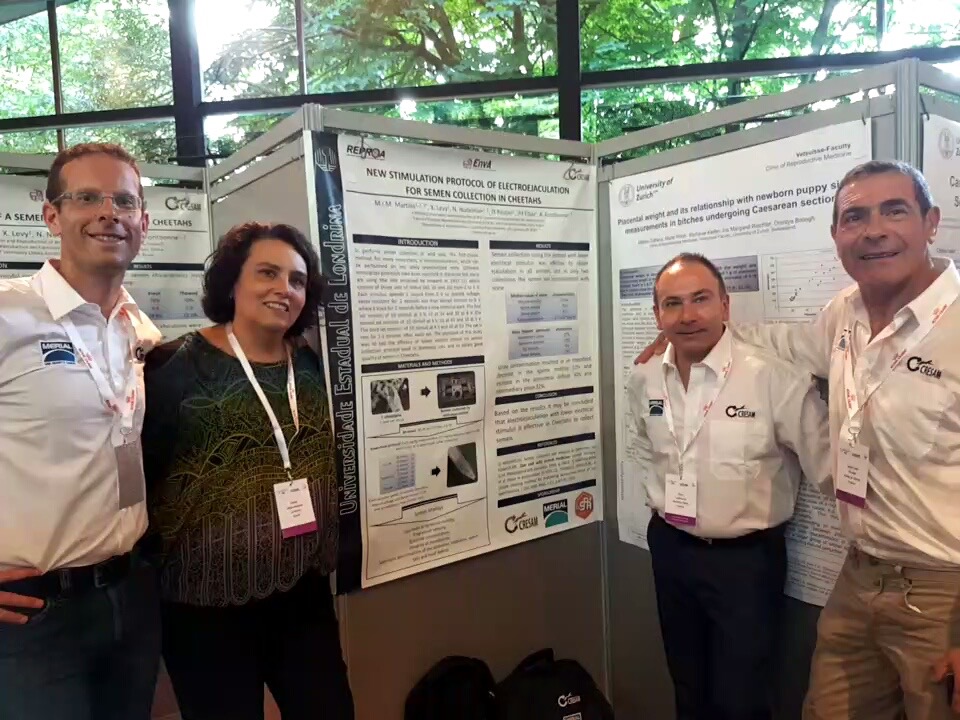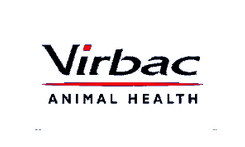Welcome to the CRESAM website !
A video presentation :
CRESAM leads its innovative and daring missions by directly working on wild animals in the field, and in this way avoids their captivity. Reintroducing animals into their natural habitat after captivity is a much more difficult undertaking.
Read the abstract : Conference of Pr. Alain Fontbonne at the World Vet. Assoc. Congress 2024 at Le Cap
CRESAM news in May and June 2024:
Second phase of the “In Vitro Fertilization” mission at the “Wildlife Research and Study Center” with the THAWING OF THE EMBRYOS OBTAINED AND REIMPLANTATION IN THE UTERUS OF PREPARED FEMALES” in the cheetah …
Read the full article
CRESAM news in Autumn 2023 :
Continuation of missions in Limpopo, and gradual establishment of the “Wildlife Research and Study Center”, and first phase of the following development focus : IN VITRO FERTILIZATION and FREEZING OF EMBRYOS in cheetahs…
Read the full article
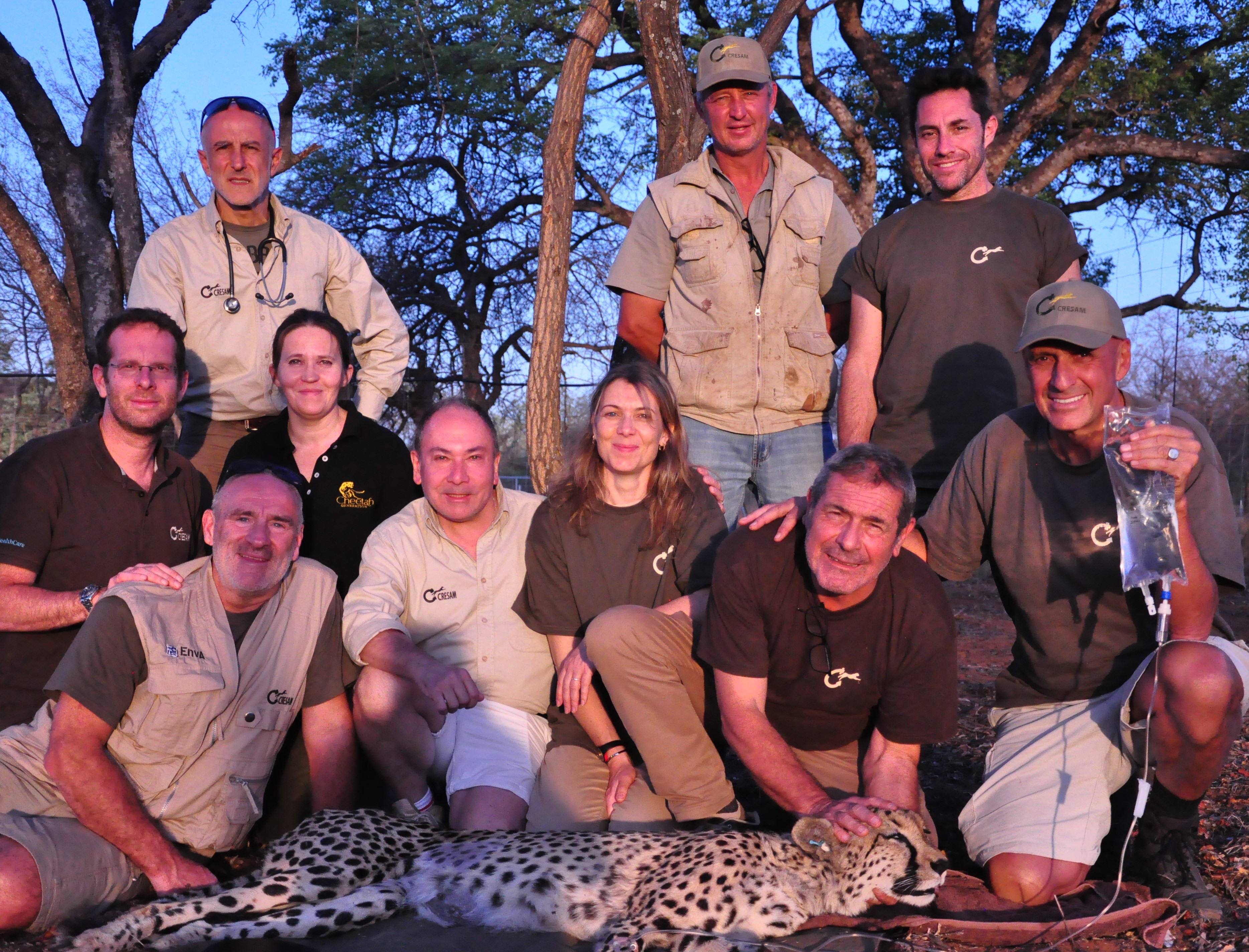
TEAM FIV OCTOBER – NOVEMBER 2023
CRESAM news in January 2023:
A small part of the team will go to Brazil, with Professor Alain Fontbonne, to visit one of his former interns (now specialized in freezing for Felines), in order to progress on semen freezing and set up the freezing of oocytes and embryos.
CRESAM news in December 2022:
Presentation to the Senate of the “Research and Study Center for Wildlife” project On December 1, Jean-Yves Routier is invited to present the new CRESAM project to the Cercle des Vétérinaires d’Ouverture, chaired by Jacques Crosnier (Former international manager of CRESAM), at the Senate podium.
CRESAM news in October 2022:
Resumption of missions in South Africa From 19 to 31 October 2022, Cresam carried out a mission whose primary objective was a complete audit of the reproduction of wild carnivores in a reserve in the Limpopo province, AFS.
In addition to the collection, processing and freezing of male cheetah semen on site, Cresam conducted a gynecological audit of female cheetahs, with the subsequent aim of planning the reproduction of non-fertile females. Three out of twelve females were excluded from the group for health reasons or significant fertility problems.
During this mission, Cresam worked in concert with Professor Valérie Chetboul, a lecturer-researcher at ENVA sponsored by La Fondation Un Coeur (Fondation de France), and Dr. Norin Chai, Chief Veterinarian at the Natural History Museum in Paris, and a lecturer at ENVA. Electrocardiographic and cardiac ultrasound examinations were systematically carried out on each sleeping animal, for research and synthesis purposes.
The short-term goal is to have 40 to 50 “healthy” cheetahs as a study base in order to establish reproducible and innovative protocols for the reproduction of wild carnivores.
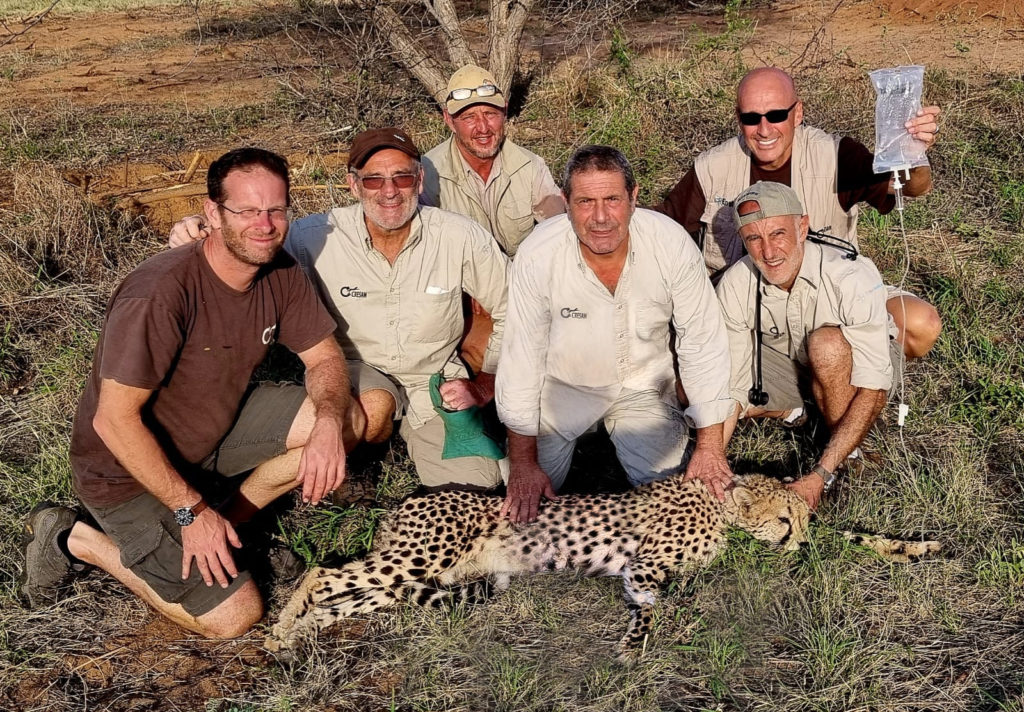
CRESAM news in 2021:
CRESAM has scheduled a major international mission for May : CANCELLED
A two-week mission in South Africa, with the aim of collecting and freezing male cheetah semen on site, and of conducting a gynecological audit of female cheetahs before moving them to another area.
CRESAM news in 2019:
CRESAM is starting the year with two projects :
– A complete audit of the Sand Cat, in French and foreign zoos.
The coordinator of this project is Jérôme Catinaud, veterinarian in charge of the Parc des Félins (Seine et Marne, France).
This project aims first of all to know the physiological parameters as well as the hematological and biochemical data of the Sand Cat, and above all to better understand the mechanisms of reproduction of this species.
It then aims to collect semen from males for conservation and assisted and controlled reproduction.
– The Mopaya Project 2019 : Nature-Conservation (IUCN) has requested a complete reproductive audit of male and female cheetahs in Kruger Park. For this, Cresam is awaiting permits for the detention of cheetahs in its veterinary clinic in Mopaya (South Africa) for the purpose of studying the reproduction of this species.
Modification of the Cresam Program for Political Reasons : Two major events have led us to modify the mission program for the year 2019: – The director of the CACP Conservation of Asiatic Cheetah Project was arrested in Tehran for spying for the CIA, as well as other biologists linked to Cresam. Following this serious diplomatic incident, it was the French Ministry of Foreign Affairs that had forbidden us to leave for security reasons, the Iranian government no longer wanting to work with the French for the moment.
Cf “The heart of the Iranian problem” We hope of course that this situation is only temporary, and that we will be able to resume our mission as soon as possible.
– Following reshuffles within the government, particularly at the Ministry of Ecology, our correspondent, diplomatic advisor Alexis Tudor, left his post, abruptly stopping the Tiger project that we had in China (then in India), for which we had prepared a whole file that he was to present to his Chinese counterpart last September. Today, Cresam must therefore make an appointment with the advisor replacing Mr. Tudor at the ministry, so that he can take over the current file and that we have all the government authorizations.
Cresam has therefore chosen to refocus its work on South Africa, where it has traditionally been present, with a forthcoming mission in early 2019, which will aim to collect and freeze wild semen.
Initial mission cancelled: CRESAM WILL INVEST IN THE SAFEGUARDING OF THE ASIAN CHEETAH IN IRAN. (Acinonyx jubatus venaticus) Following the mission from 20 to 28 January 2017, at the invitation of Dr Iman Memarian (Tehran), we met with the organisations involved in the safeguarding of the Cheetah. This mainly concerns the Conservation of Asian Cheetah Project (CACP) and the Iranian Cheetah Society (ICS). A partnership is now being established. We are leaving from February 17 to 24, 2018 to conduct a reproductive audit of the 8-year-old male and the 4-year-old female who are in captivity in Tehran. We will then go, accompanied by those responsible for the conservation of the Asiatic cheetah, to the Iranian desert for a field mission to assess the living conditions and the biotope of these cheetahs.
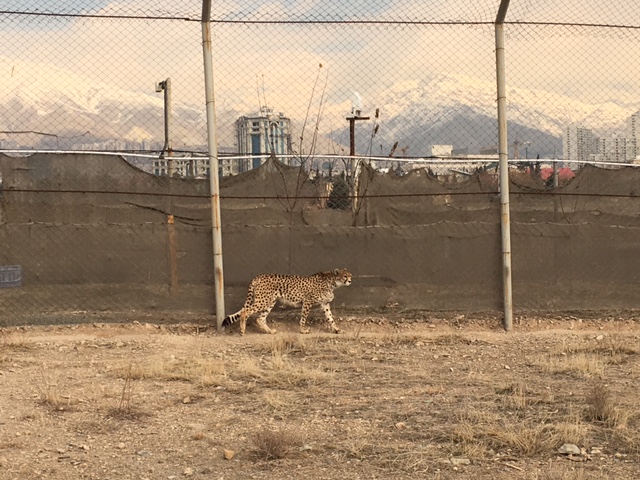
In Iran, there are thought to be around 45 cheetahs left in the wild :
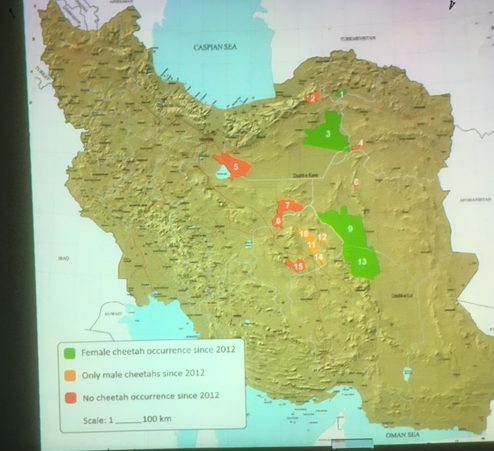
CRESAM proposes to start with :
– A reproduction audit (clinical examination, biochemistry and hormonal assessment, formula count, abdominal and cardiac ultrasound, vaginal smear, spermogram with a view to possible freezing, heat trial, etc.)
– The selection of the best breeders, males and females, the most genetically distant, in order to carry out artificial inseminations with a view to increasing genetic variability.
– The establishment of a semen bank, using males in the wild, will allow the conservation of the heritage of the Asiatic Cheetah.
CRESAM’S previous work :
As of January 3, CRESAM conducted an audit on the inability of white lions to reproduce in the wild environment of Timbawati. In March 2014, when CRESAM came to this last nature reserve containing white lions in South Africa, Linda Trucker – former fashion model and owner of “Global White Lion Protection Trust” – requested our assistance due to the lack of breeding for over four years by the majority of female lions. The female lions had not been in heat for several years and genetically significant male lions had gotten older.
We had the opportunity to diagnose an ovarian pathology on one of the female lions: the presence of a luteal ovarian cyst (yellow substance). The medical hormonal protocol ordered by CRESAM did not provide a solution to the South-African veterinary teams.
On January 3 2015, a team from CRESAM departed, at the request of local veterinary authorities and owners, to conduct an audit on all the reproductive problems facing white male and female lions. The financial support of the operation will be undertaken by the owners, Linda Trucker and Jason Turner. We will, with the cooperation of veterinarian DR. Peter Rogers wildlife specialist , do the following:
– test the semen of five white lions in order to assess their reproductive potential with the aid of a spermogramme
-Evaluate the feasibility of freezing semen, particularly that of the genetically significant males
-Diagnose the root problem causing the lack of reproduction of three female lions
-Probably undertake curative surgery in the resection of an ovarian cyst previously diagnosed
We will inform you of the results obtained by this mission in the coming weeks.
Following contacts with the Algerian government, notably those responsible for the preservation of the Saharan cheetah, a scientific partnership with the CRESAM team may be contemplated. The first mission is scheduled for February2015.
Our flagship project “China Tiger” is on a good track with the French government. In essence the French Ministry of the Environment supports CRESAM in its undertakings in China and wishes to go along with the project until its completion. We will start by working on tigers from Siberia to refine our protocols on approximately 800 tigers. In the second stage we will apply those protocols to tigers in China. We foresee the implementation of this mission in March 2015.

